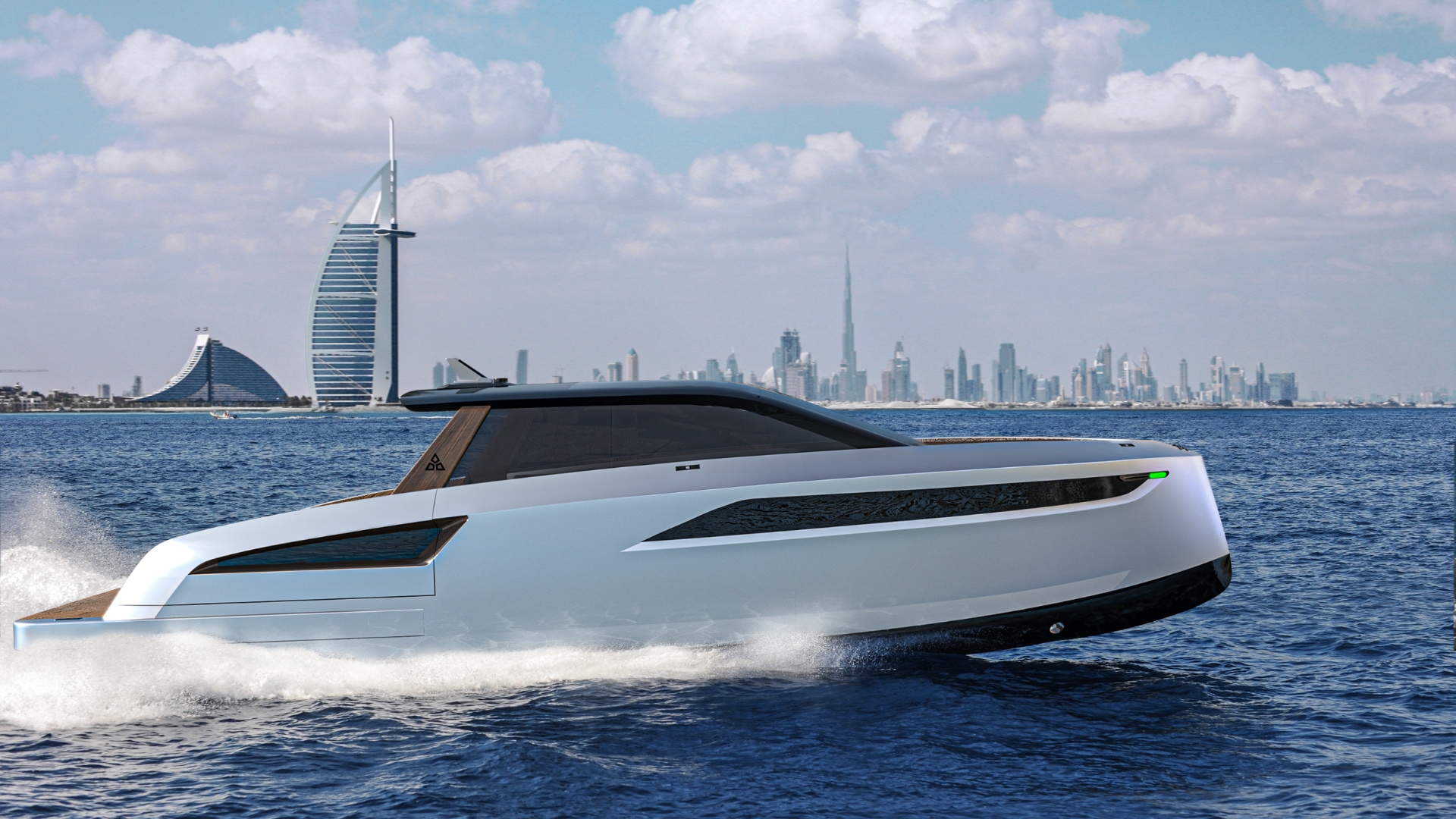
9 Eye-Opening Facts About the Economics of Sustainable Yachting
The intersection of sustainability and yachting transcends mere environmental awareness, wielding a significant influence over the economic fabric of the industry. Delving into this dynamic relationship reveals a tapestry of factors that underscore the profound impact of sustainable practices on the economics of yachting. In the context of this transformative landscape, understanding “9 Eye-Opening Facts About the Economics of Sustainable Yachting” becomes essential.
1. Cost Efficiency and Long-Term Savings
Sustainable yachting practices, entailing the utilization of eco-friendly technologies and materials, usher in an era of substantial long-term cost savings. Though the initial investments might present a higher threshold, the resultant reduction in fuel consumption and maintenance costs for eco-friendly yachts leads to significant accumulative savings over time, marking a pivotal shift in financial considerations within the industry.
2. Market Demand and Consumer Preferences
The tides of market demand are steering towards the shores of sustainable yachting. Consumers are increasingly advocating for eco-conscious charters and yachts, propelling the market to pivot and accommodate a diverse array of sustainable offerings. This surge not only fuels innovation but also spurs competitive dynamics, heralding a new chapter in the yachting landscape.
3. Rising Investment in Eco-Technology
An upsurge in economic investment within the yachting sphere is pivoting towards eco-technology. Companies are channeling resources into research and development, aiming to craft more sustainable propulsion systems, lightweight materials, and energy-efficient amenities. This burgeoning focus on innovation is catalyzing economic growth within this sector, promising a transformative evolution.
4. Job Creation and Industry Growth
The paradigm shift towards sustainability within yachting is a harbinger of job creation. This evolution spans from the emergence of specialized engineers adept in eco-technology to local businesses sprouting to provide sustainable products and services. Such growth fosters an expansive tapestry of employment opportunities, a testament to the burgeoning growth within the industry.
5. Value Addition and Brand Reputation
The embracement of sustainability within the realm of yachting engenders substantial value addition for yacht owners and charter companies. The adoption of eco-conscious practices amplifies their brand reputation, serving as a beacon that attracts a discerning clientele actively seeking eco-friendly experiences, thus fortifying their economic foothold within the market.
6. Infrastructure Development and Investment
The evolution towards sustainable yachting has catalyzed a surge in investment directed towards the development of yachting infrastructure. Marinas and ports are evolving to embrace and accommodate the influx of eco-friendly vessels, birthing a wave of significant investment in these coastal areas, redefining their economic landscape.
7. Operating Cost Reduction and Efficiency
Sustainable yachts, owing to their reduced fuel consumption and integration of energy-efficient systems, showcase a marked decrease in operating costs. This not only bears fruit for the individual yacht owners but also stands as a contributing factor to the overall economic feasibility of the industry, heralding a more sustainable and efficient operational model.
8. Tourism and Local Economies
Sustainable yachting serves as a beacon of positivity, casting its rays on local economies. The allure of eco-conscious yachting lures in tourists with a penchant for environmental consciousness, leading them to patronize and support local businesses and services. This burgeoning influx fosters substantial economic growth in the coastal regions frequented by yachts, serving as a catalyst for a burgeoning economic surge.
9. Regulatory Compliance and Market Influence
Stricter adherence to stringent environmental regulations and industry standards wields a significant influence within the market. Yachts abiding by these stringent guidelines often possess an economic edge, circumventing penalties and appealing to a clientele resonant with environmental consciousness, thus heralding an economic advantage.
In summation, the economics of sustainable yachting are far-reaching, transcending immediate financial considerations to weave a complex fabric of factors. From long-term cost efficiencies and consumer preferences to market dynamics and regulatory compliance, this shift towards sustainability not only alters operational costs but also dictates consumer preferences and market strategies, thereby reshaping the economic landscape within the yachting industry.
Thanks to the collective influence of eco-conscious brands and consumers, investments will be compelled to follow the push for more sustainable practices. This not only transforms the yachting sector but holds the potential to benefit the entire world. As the industry embraces eco-friendly technologies and practices, the ripple effect extends to other sectors, contributing to a global shift towards a more sustainable and environmentally conscious future.

